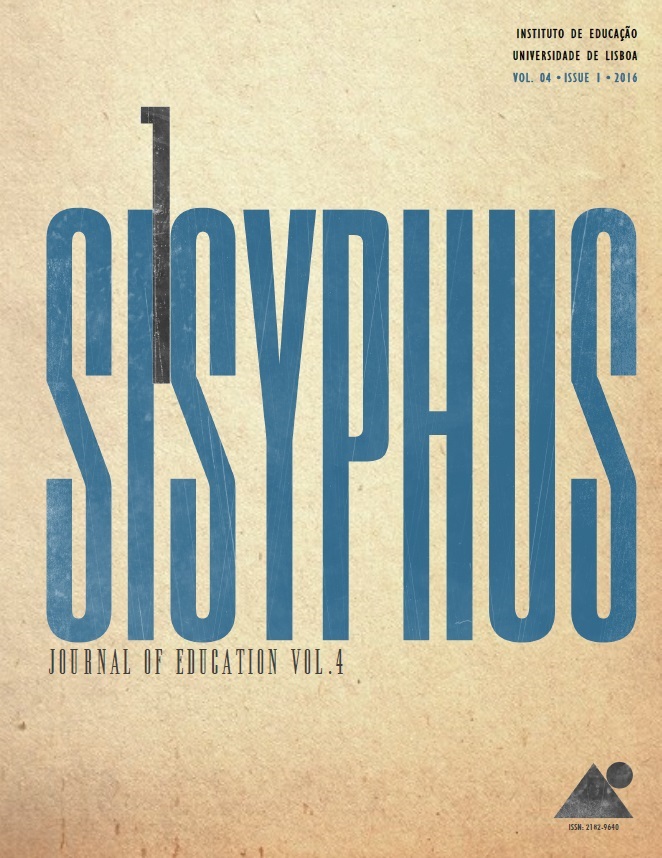Writing Systems and Literacy Methods: Schooling Models in Western Curricula from the Seventeenth to the Twentieth Century
DOI:
https://doi.org/10.25749/sis.10459Palavras-chave:
Literacy, Primers, Reading method, Education policy, Teacher trainingResumo
This contribution sheds light on the interaction between print technology, social literacy and primary school pedagogy from the seventeenth to the twentieth century. The printing press opened up the possibility of a Christian education for all: psalters and catechisms became a vehicle for teaching both religious content and the writing system using the spelling method.
To move beyond this limited Christian literacy combining reading and memorization, and enable learners to read any text directly, textbooks separated the process into two stages: training beginners first to decipher, using the spelling method, and then to read different kinds of texts (informative, moral, civic). As many beginners failed at decoding, all subsequent “innovations” (word method, sentence method, look-say method, phonics, etc.) aimed to bridge the gap produced by this separation. This article will show how this common objective has been realized to varying degrees in different countries, especially in France and the United States (based on education policy, national language, teacher training, textbook publishing, etc).
Downloads
Downloads
Publicado
Edição
Secção
Licença
O Copyright (c) pertence à Sisyphus – Journal of Education. No entanto, encorajamos que os artigos publicados na revista sejam publicados noutros lugares, desde que seja solicitada a autorização da Sisyphus e os autores integrem a nossa citação de fonte original e um link para o nosso site.
Política de auto-arquivo
É permitido aos autores o auto-arquivo da versão final publicada dos seus artigos em repositórios institucionais, temáticos ou páginas web pessoais e institucionais.
Subscritor DORA
O Instituto de Educação da Universidade de Lisboa, editor da Sisyphus, é um dos subscritores da Declaração de São Francisco sobre Avaliação da Investigação (DORA).





